How to choose the best excavator for your job? You also have the right equipment when you start a new construction job. For working on construction sites and projects, excavators are proven valuable machines. Besides, this versatile heavy machinery makes jobs more accessible and efficient. First of all size of the machine matters a lot for your site.
We help you choose the right excavator for your job specifications. Compare all the requirements of your job to the digger. Check that the excavator’s features meet your job features’ needs. We also help you find the excavator’s attachments that match your worksite. But there are many types of excavators available in the market, so with all available choices, you have to choose the right excavator for your job.
But it is a bit tricky to find the right excavator for your job site. So this article provides a guideline on “how to choose the right excavator for your job”?Excavators are made for heavy-duty digging tasks such as breaking ground, crushing, and digging trenches. These heavy machinery will offer you productivity and efficiency on work sites in enough time and at low costs.
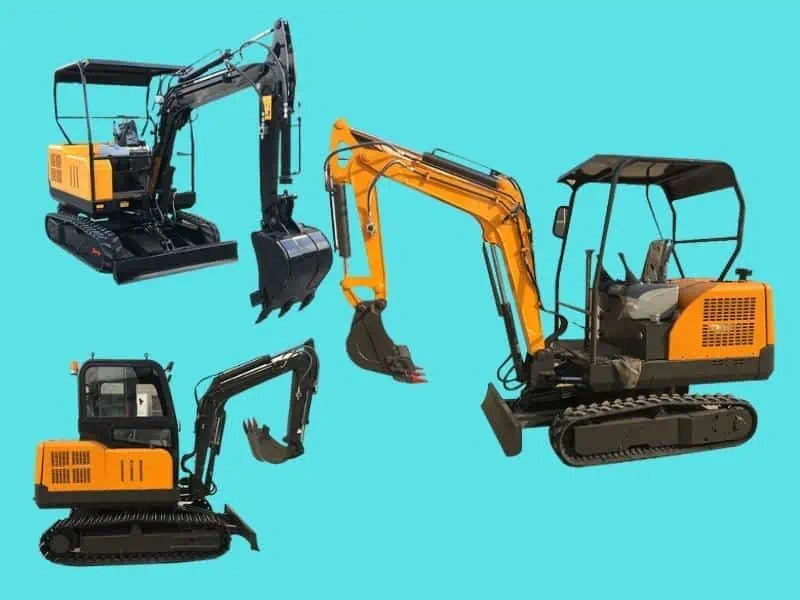

What to consider when choosing the best excavator for your job?
There are a lot of factors that you should consider before choosing the right excavator for your job. It is essential for completing your work efficiently and on time.
Depth of digging
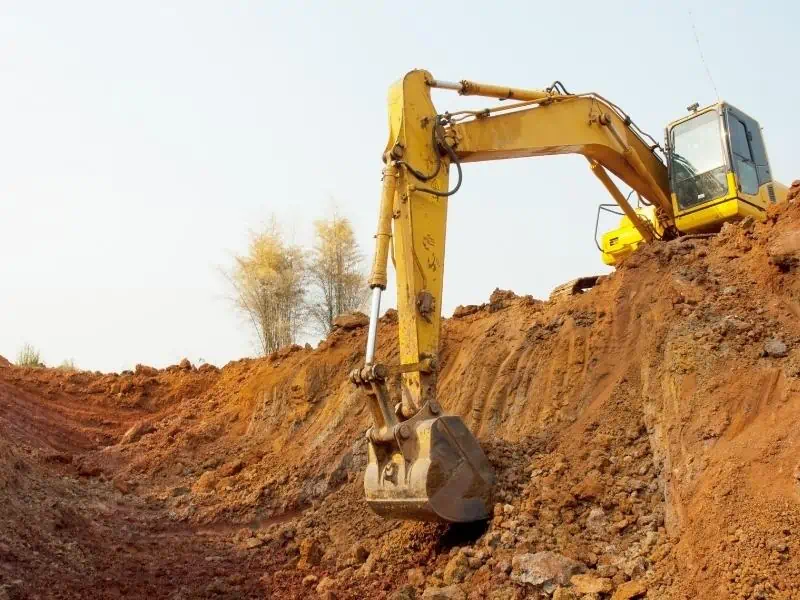

Digging is a primary function of an excavator, so it is essential for you to consider how much digging power you will need; how often do you need to dig at that depth? And last, you also have to know What kind of excavating needs will you have in the future?
Lifting capacity
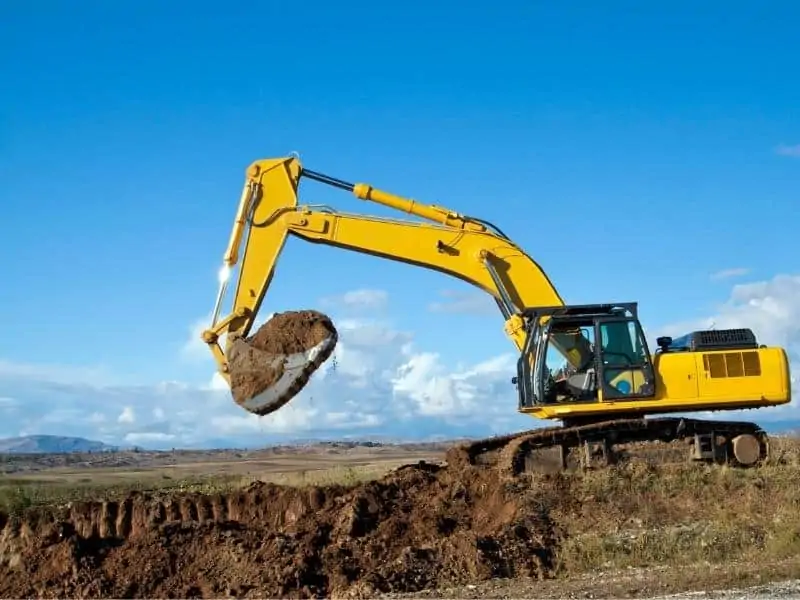

Lifting capacity is another crucial function of an excavator. So you should consider how much power you will need to move and what are the heaviest materials on your job sites.
Worksite conditions
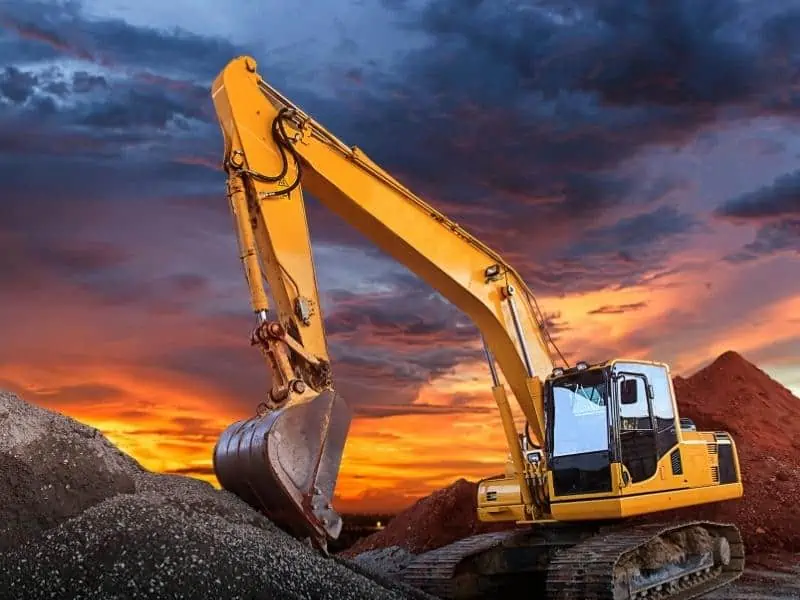

Worksite conditions depend on where and when you work and which type of excavator best fits your job environment. You should consider How large is your job site? How much will your machine travel around it? In which type of terrain are you working? Are there any obstacles or hazards in your worksite? All these matters a lot to choose the right excavator for your job.
Budget


Your budget is the most significant factor that helps in your decisions making when choosing the right excavator for your job. So consider how often you want to use your excavator and its storage, maintenance, and transportation cost. At last, how much credit can you spend on your excavator?
Consider the excavator specifications.
You should know complete information about your excavator’s attachments. What is the bucket’s capacity? How long is the reach? And the tail swing configuration? You also know what attachment you need on the job site.
Even for more knowledge about excavators, you can get information from any excavator company, such as HIXEN, which is a China excavator company. The most advanced manufacturing base, and the latest management, ensuring each product is of high quality.
Match the excavator to your site
Make an image of your job in your mind, including the hazards and current needs, more than you expect as your project moves through each phase. So it is best to cover your excavator purchase to imagine all your possible needs.
If you run a big operation, it is best to judge the excavator based on your specific job site. Giant excavators perform better on large, flat landscapes than in urban environments with many nearby buildings and obstacles. When you imagine your location, then compare it with your job site. So you can purchase or rent the right excavator for your company and can work, dig, lift, carry, and other functions.
Essential factors to choose the best excavator for your job:
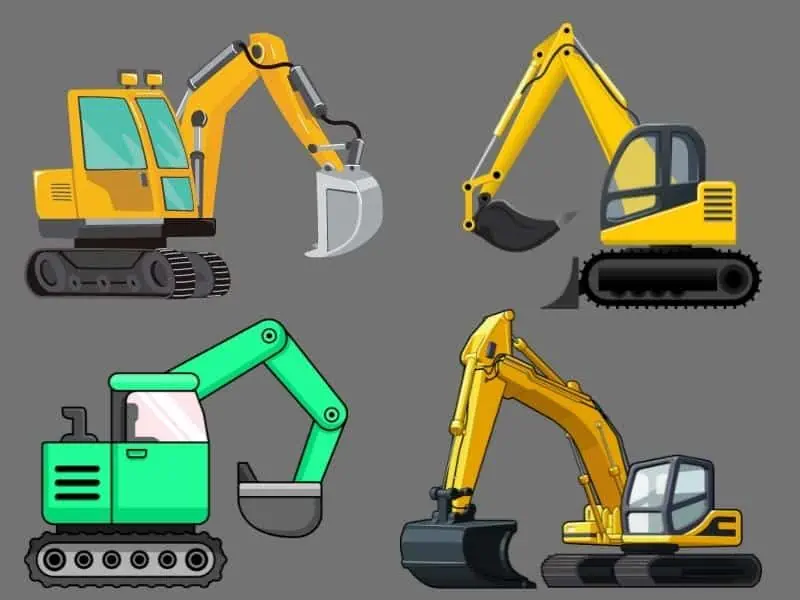

Engine power: As you know for construction work you need an engine strong enough to get around your job site and perform tasks. For some work, such as digging deep into specifications, including the bore and piston stroke, you need the different strengths of engines.
Weight: You should consider the maximum operating weight to cover the equipment, operator, and load options. You do not take too heavily an excavator that damage your site.
Bucket capacity: Buckets are the most common use for excavators; review all the types of buckets it supports and the maximum capacity of the bucket option.
Size matters a lot
There are different sizes and types of excavators.
Mini or Compact Excavator:
These small excavators are the most mobile and weigh from as low as 2,100 pounds to just under 10 tons. A small excavator size means weaker hauling and digging capabilities but better at moving in tight spaces. Mini excavators are usually light enough to be easily transported. And they also leave minimal damage to the surrounding area, with fuel efficiency.
A mini digger is the best option for small jobs and sites with tight space requirements. It fulfills the need for the ability to maneuver around a building or work in areas with many lines running through the ground. These require the least amount of power, but they will less damage to the yard, road and sidewalk.
Standard:
The standard excavators weigh between 19 and 24 tons but can range from 7 to 45 tons. The standard excavators have more power and hauling capacity. Standard excavators are fitted with treads instead of wheels, called “crawlers.”
They are effortless to customize with additional tools. And they are used on commercial construction sites. Excavators are the most versatile, working well in any space and with most jobs. They have a lot of power but do minor damage to the land it has to cross because of heaviness. They are big in size so they need plenty of space, but they are solid and easy to transport. There they are commonly used in the construction space. If your job is in construction space, the stander-sized excavator is terrific.
Large:
A large excavator weighs more than 45 metric tons. They are used for heavy construction and handling big projects. They offer more power than standard size but are trickier to transport and store. However, they are more expensive, so only companies use them on large demolition projects and major construction sites.
These excavators fall into the large category and are purely used in industrial workhorses. It cannot work in urban areas because they need a lot of space to move and turn, so est constantly provides power for major construction. These machines also require a significant investment in the equipment and trailer to force them to each job site. For modern designs, standard and mini excavators are more versatile for different work situations.
Understand the needs of the job site
As you know, every work has different requirements, and the site of work has additional requirements. It depends on the kind of land you are working on. If you have worked with an excavator on a building in various conditions, then it does not means the same equipment need to do the job at the new site. Hence, keep in mind to choose the right excavator for your job, and meet your site’s needs.
Use the right size of attachment you need
The excavator attachments come in different sizes, and their price range is diverse. So be careful in picking the right size according to the job requirements; otherwise, your team wastes a lot of time and energy just because you did not choose the correct size.
An operator is comfortable with the equipment.
At the time of choose right excavator for your job, remember that handling the excavator and the excavation process is not simple and easy, like jobs. It needs a lot of skill and patience. Therefore, remember the excavator you will apply on-site that ensures the operator’s comfort. It is important because sometimes the job can take weeks or even months. So, if the operator is not comfortable, it will affect their ability in the position.
Choose the right tools for the right job
Choosing the right excavator for your job is not enough; you will also find different attachment options for the excavator—for example, hammers, buckets, couplers, compaction, rippers, etc. You must make sure you choose the right equipment or how many pieces of equipment are on the site. So, you must analyze the requirements of your job and arrange the equipment.
Why should we use a mini excavator?
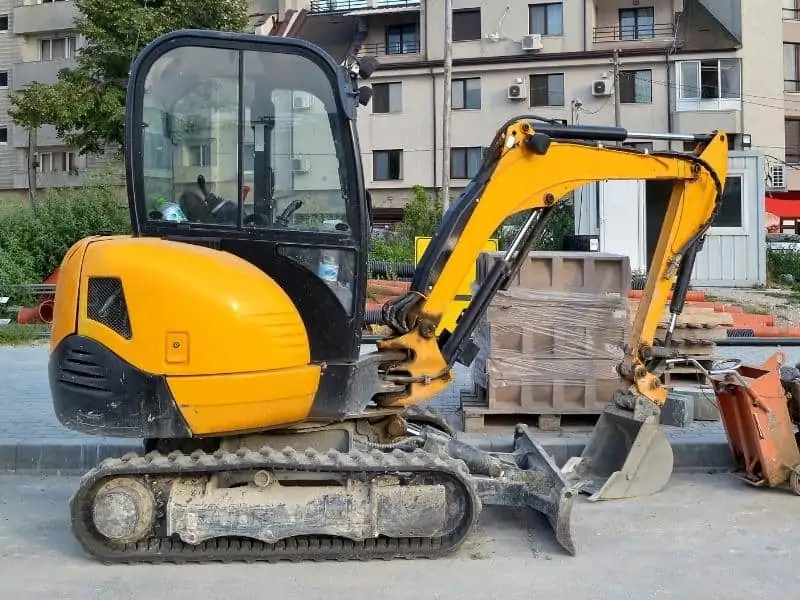

Some work sites require the power of a standard or large excavator, but in specific jobs. There are many advantages of using mini excavators offers several advantages over their larger counterparts. Due to their smaller size and lightweight, small excavator leaves reduced track marks and cause less ground damage. Compact mini excavators are helpful in small or crowded places, like parking lots. You can also transport Mini excavators loaded onto the back of a utility truck or relatively small trailer for simple transfer between job sites.
Micro diggers are ideal for jobs that take place within a tight area. For example, working in a backyard involves maneuvering through gates and around a small space. A mini excavator can perform the same as a standard excavator but on a smaller scale.
When should you use a mini excavator?
Mini excavators have a variety of attachments that make them highly versatile. These are more useful with their light frame and compact size.
Excavation
The micro digger can be the perfect tool to dig out an area. With the mini excavator, you can swing the machine 360 degrees to dump the material where you want. Excavators almost entirely perform excavation, landscaping, and building over-excavate a pad for compaction. Also, an excellent application for the excavator is a digging base for retaining walls or buildings. There are different things to consider choosing the right excavator for your job:
- Know the spec needs for your job.
- Determine if the excavator is needed for minimal or heavy use.
- Understand the job site and the difficulties that may arise from it.
- Consider what attachments you may need.
- Popular and versatile options include couplers, rippers, buckets, and hammers.
Easy installation and repair
Mini excavators are excellent for digging trenches for line installation or replacement. When searching with the excavator, you can look right at the track you want to explore. You can transfer the spoil where you need it.
Demolition and Drilling of holes
A mini excavator is very handy if you are removing a concrete patio. If your machine is equipped with a hydraulic thumb to hold, you can use it for debris tearing them out and loading them on the truck to take them away. You can add a hydraulic hammer or breaker to bust concrete slabs or rocks.
The mini excavator’s ability in tight spaces makes it an essential tool and choose the right excavator for your job where you need to drill holes in multiple awkward areas. Also, with the mini excavator, you can reach over obstacles and drill at almost any angle. Since the auger is hydraulic driven, you can drill the hole at the end of the excavator stick.
The bottom line of “How to choose the best excavator for your job.”
We have briefly discussed essential factors for choosing the right excavator for your job. Excavators are top additions to your equipment because of their versatility and usefulness throughout the construction cycle. Many China companies supply excavators all over the world. HIXEN is one of them. So you can choose the right excavator for your job.
HIXEN has been the leader In the excavator market since 2009. The most advanced manufacturing base, and the latest management, ensuring each product is of high quality. They provide Mini Excavators, Midi Excavators, Zero Tail Swing Excavators, Wheel Excavators, and Backhoe Excavators. Each type has unique features and is used in specified job sites. For buying, contact us now because We are ready to communicate with you.